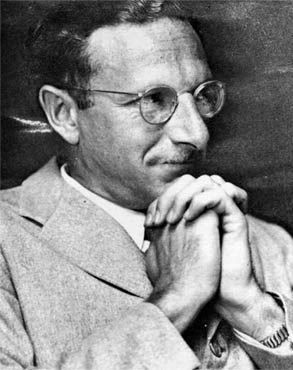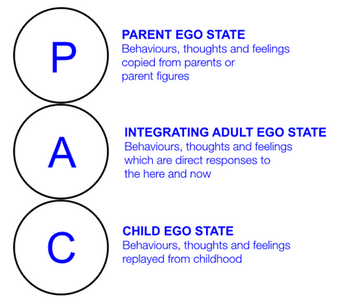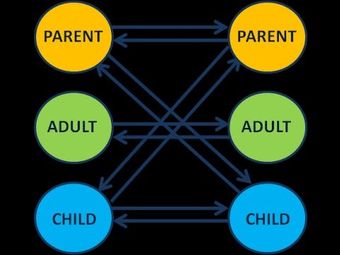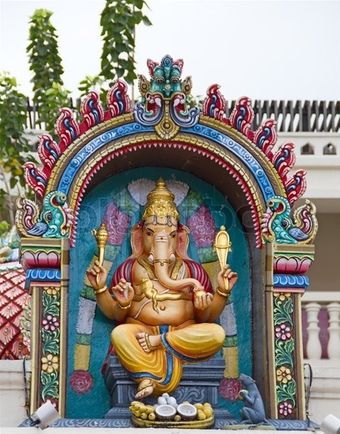Founder of Transactional Analysis
TA was founded by Eric Berne in the 1950's and 1960's. Berne's vision was to make psychotherapy accessible to the lay person. To move away from the doctor/patient relationship and to enable the client to have insight into their own process. Thus offering an open and equal relationship.
Since then, Transactional Analysis has developed vastly, integrating humanistic, psychodynamic and cognitive behavioural models.
In the last two decades, Relational Transactional Analysts have re- embraced Eric Berne's original psychoanalytical roots, by considering the transferential phenomena in relational dynamics.
Philosophy of Transactional Analysis
Transactional Analysis holds the humanistic philosophy as central to the practise. Offering the I'm ok, you're ok relationship.
The fundamental aspects of TA are; people are ok, everyone has the capacity to think, and people can decide their own destiny and these decisions can be changed.
Transactional Analysis, a theory of Personality
Transactional Analysis offers a comprehensive theory of personality. Using ego states to understand intrapsychic processes.
Transactional Analysis, a theory of communication
Transactional Analysis offers a comprehensive theory of communication, through analysis of transactions between us, both consciously and unconsciously.
Life Script and Cultural Scripting
By the age of six we have unconsciously written our life script and decided our destiny, based on what we believe about ourselves, others and the world. We are significantly influenced by family and cultural scripting. Our script is an unconscious life plan, made in childhood, which repeats and reinforces thoughts, feelings and behaviour.
Contemporary and Relational Transactional Analysis
Relational Transactional Analysis' is a term that has developed over the last two decades, where there has been a significant shift in the emphasis of TA. Illustrated by a move away from cognitive insight as the vehicle of psychological change, to the importance of unconscious relational interactions as a means of growth, transformation and change.
Share this page




